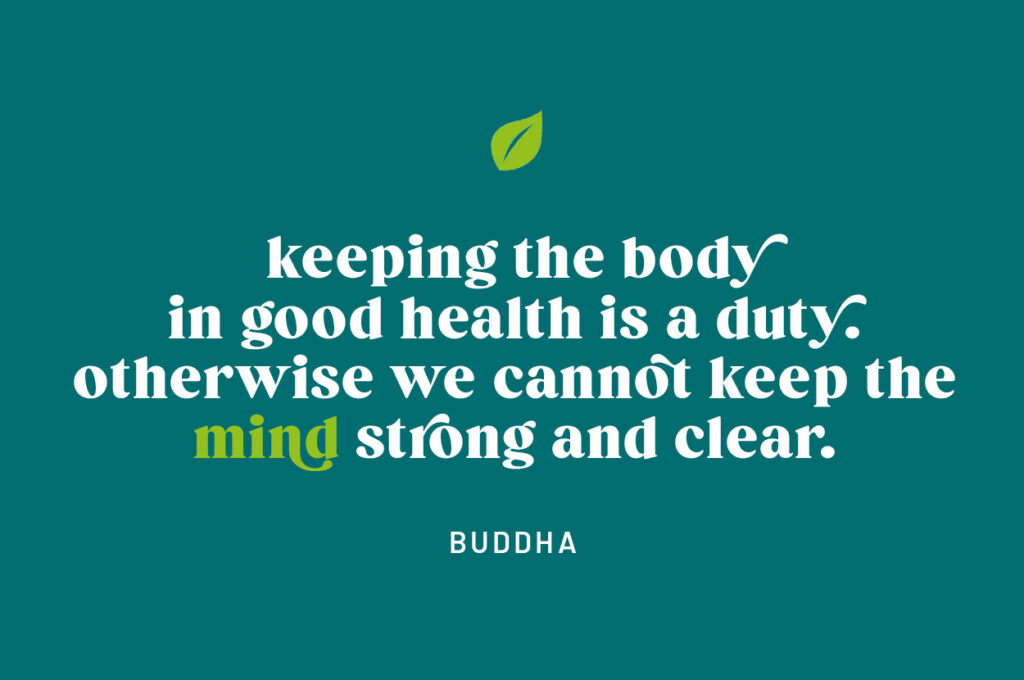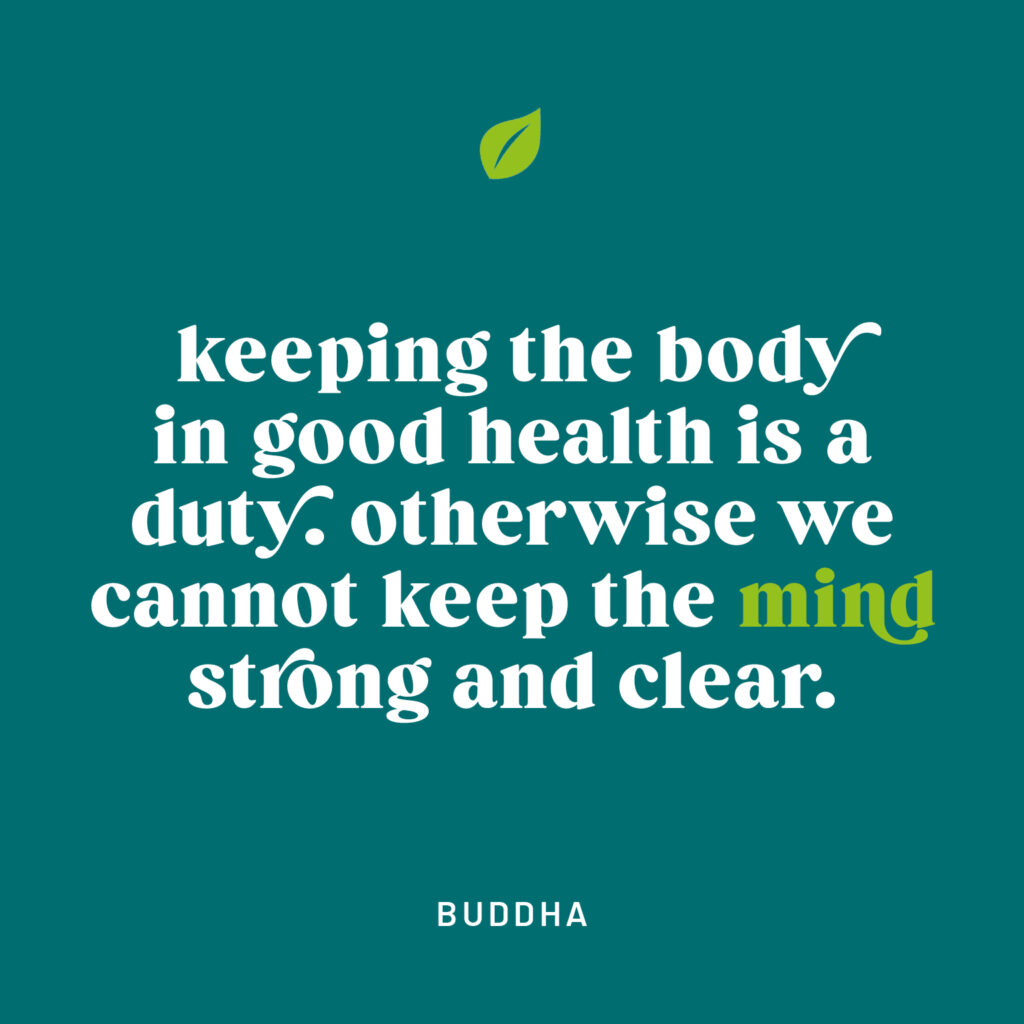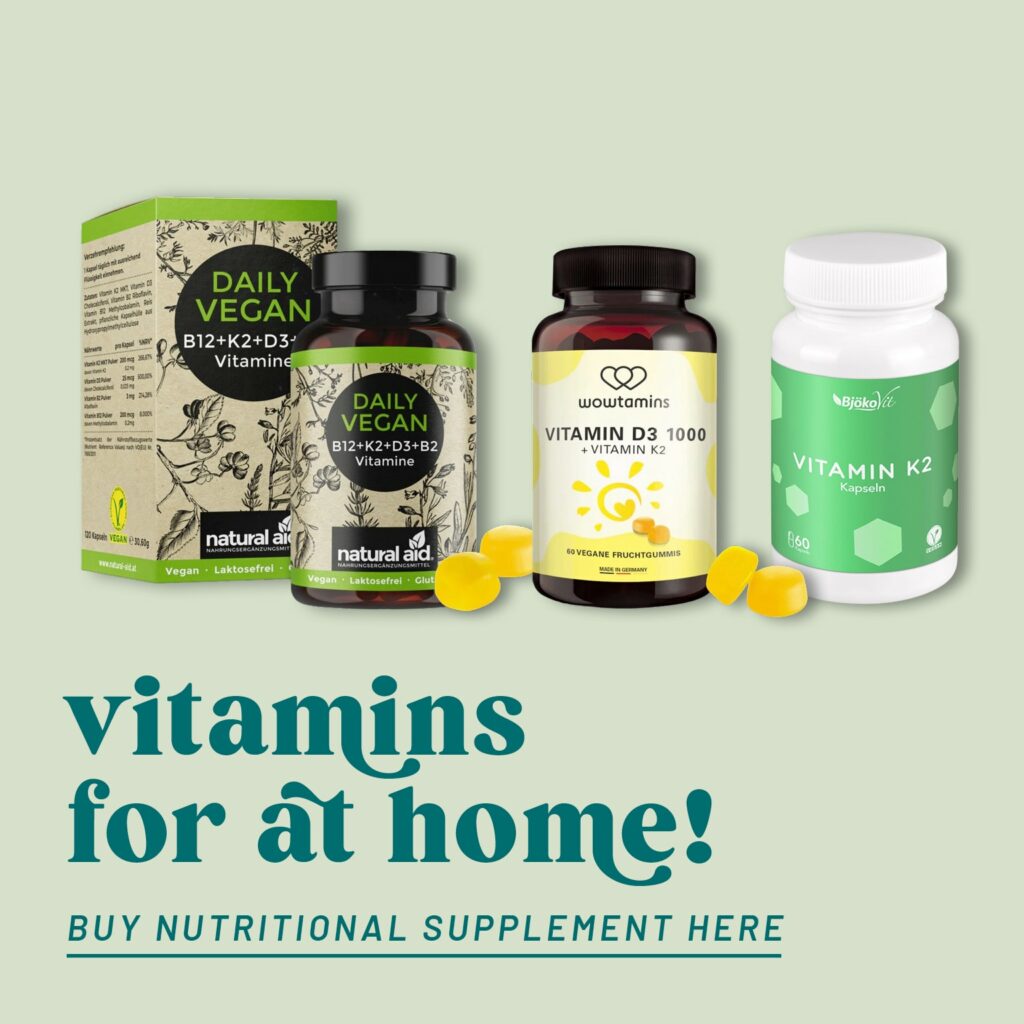HEALTH
The Big Five – smart food supplements for vegans


Supplementing vegan diets properly
Choosing a vegan diet isn’t just a matter of personal lifestyle, it’s often equally a conscious choice for the environment and animal welfare. In addition, following a vegan lifestyle is often a decision for our own health, but let’s not kid ourselves, it can sometimes be challenging to make sure we’re getting all the essential nutrients from our plant-based diet. Studies have shown that vegans have a higher risk of deficiencies in nutrients such as vitamin B12, omega-3 fatty acids, iron, calcium and vitamin D. These nutrients play a crucial role in the health and well-being of the body. This is where dietary supplements can help! Let’s get straight to the point and have a look at smart supplements – the cherry on top of the cake that is your vegan diet.


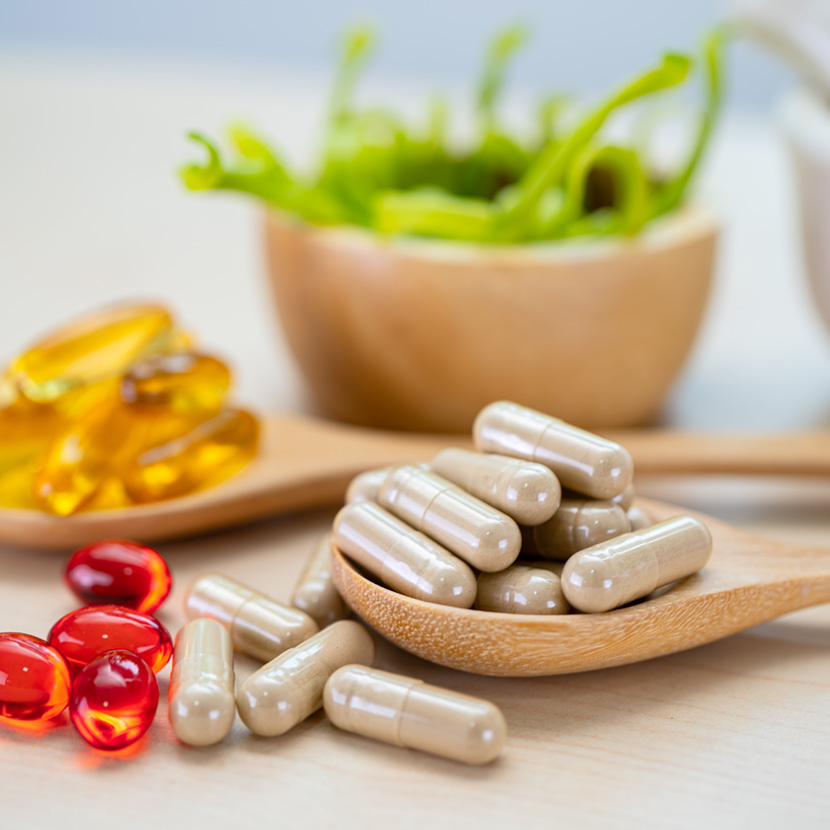
A valuable addition – The Big 5

To help ensure plant-based meals contain all the requisite nutrients, various supplements have been developed for a vegan lifestyle. These supplements are specifically tailored to the needs of a purely plant-based diet and can serve as a valuable addition to a balanced diet.
In this article, you will learn more about the various supplements that are crucial to your vegan diet. We will explain why they are important and how you can best incorporate them into your daily routine. Because at the end of the day, we all want the same thing – a balanced and sustainable lifestyle that’s not just good for us, but for our planet too. Let’s find out how to get the most out of our vegan diet! These “Big 5” are about to become your best friends – and not just if you eat a purely vegan diet; maintinaing a varied and balanced diet and a healthy lifestyle is important for everyone.
Vitamin B12
Vitamin B12 is one of the essential nutrients found in animal products, but is often difficult for vegans to get from a plant-based diet. The main sources of vitamin B12 are meat (especially offal), fish, eggs and dairy products.
Plant-based foods do not contain signficant amounts. Vitamin B12 contributes to a normal energy metabolism and supports the formation of blood cells. One source of fortified vitamin B12 is supplements, as well as fortified foods such as plant-based milk alternatives and breakfast cereals.
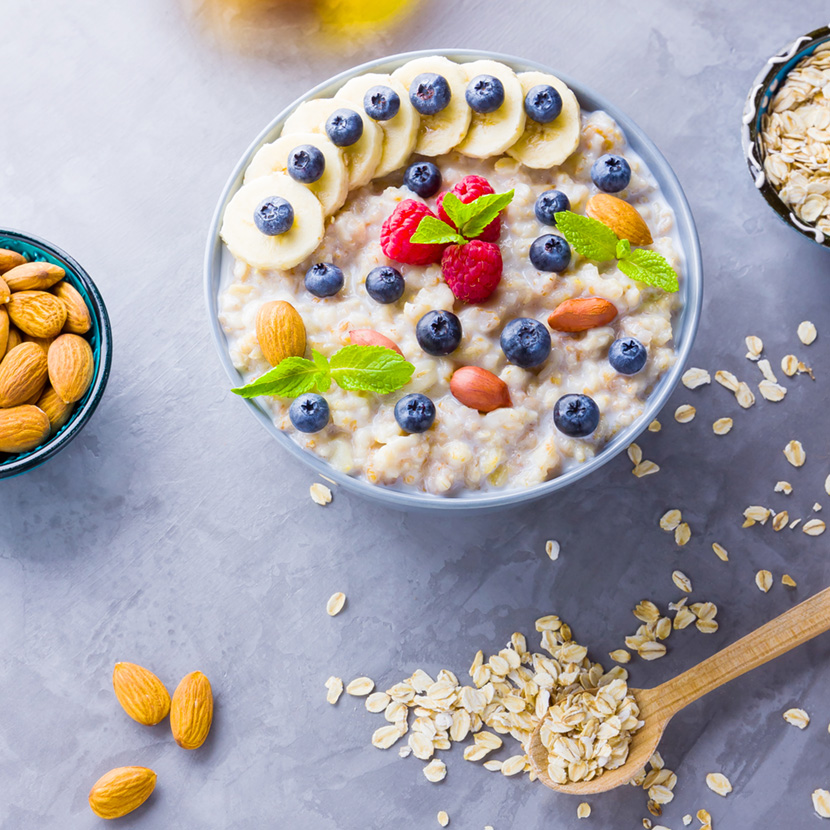
Omega-3 fatty acids

Omega-3 fatty acids, especially EPA and DHA, play an important role in supporting cardiovascular health and brain function. EPA and DHA contribute to normal heart function. DHA contributes to the maintenance of normal brain function. Benefits are linked tp a daily intake of 250 mg of DHA or EPA. A common source of omega-3 oils is fish and fish oil. However, scientific research has shown that algae oil, which is rich in EPA and DHA, can be a very effective source of these fatty acids. Seaweed is a fascinating source of nutrients in general. You can read more about the “green gold of the sea” here.
Alternatively, you can consume foods containing alpha-linolenic acid (ALA), such as flaxseed, chia seeds, and walnuts, although the conversion of ALA to the active forms EPA and DHA is limited.
Iron
You probably know the importance of iron – it contributes to normal oxygen transportation in the body. Plant-based sources of iron such as pulses, green leafy vegetables and nuts can be an important supplement for vegans, but equally for anyone who needs to watch their iron levels for a variety of reasons.
Studies suggest that an iron-rich vegan diet can increase iron reserves in the body, although the bioavailability of plant-based iron is lower than that of animal iron. Therefore, targeted supplementation with iron supplements may be recommended for people with a vegan lifestyle, especially for women of childbearing age.

Calcium
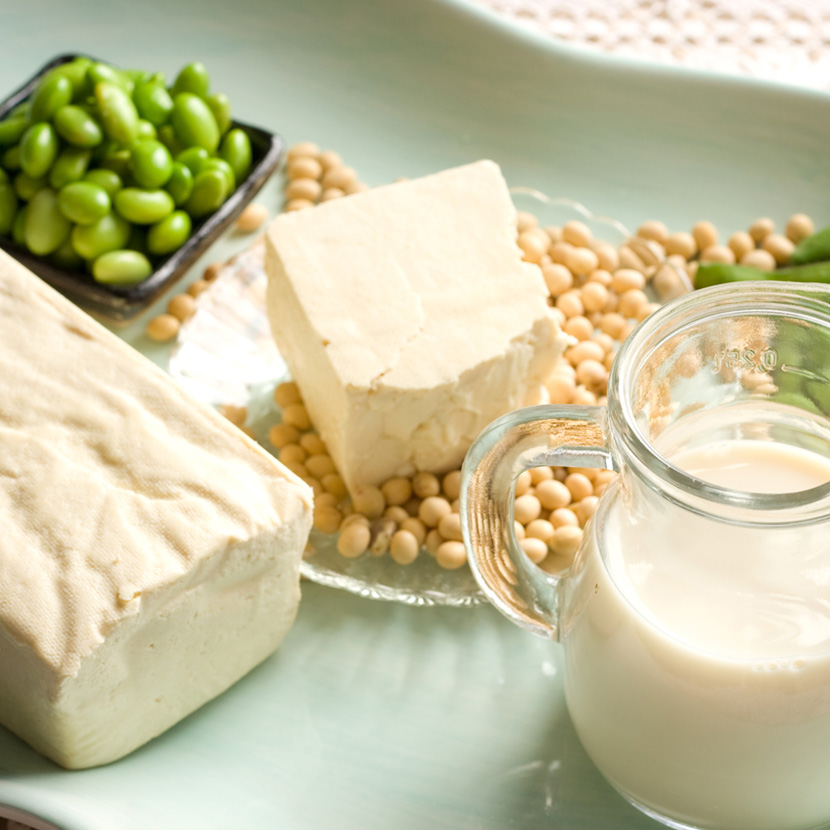
Calcium is needed for the maintenance of normal bones, making it an essential nutrient for bone health. Vegans can get calcium from various plant-based sources such as green leafy vegetables, tofu, and fortified plant-based drinks.
Studies have shown that although calcium intake from plant sources is lower than from animal sources, it should still be sufficient to meet the need when consuming a variety of calcium-rich foods. Nevertheless, supplementation with calcium can be useful, especially for people who eat little to no calcium-rich foods.
Vitamin D
Vitamin D contributes to the maintenance of normal bones and the normal function of the immune system. Addressing the issue of stable bones is worthwhile, especially once you reach a certain age. The main source of vitamin D is synthesis in the skin through exposure to sunlight; this means, somewhat exaggeratedly, that virtually everyone north of the Alps has a deficiency – vegans not excepted, making supplementation necessary or useful in most cases, especially in regions with limited sun exposure. Studies have shown that targeted vitamin D supplementation can significantly increase serum levels in vegans and is important for maintaining adequate vitamin D status.

The five most important rules of proper supplementation
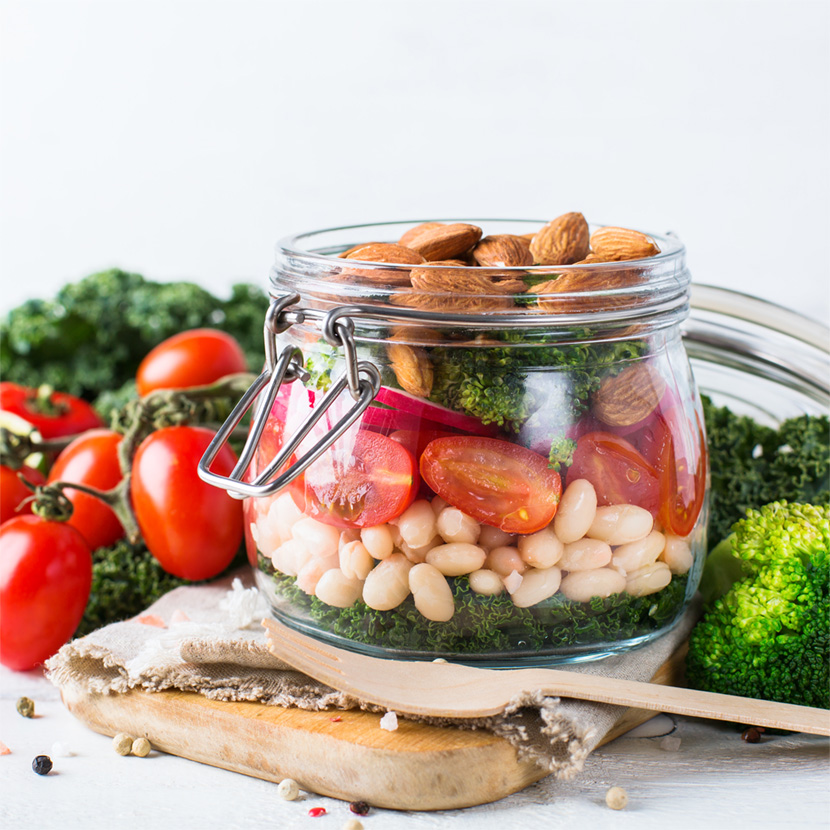
As you probably know, conscious and balanced supplementation is crucial for a healthy vegan diet. It is important to identify potential nutrient deficiencies and compensate for them with suitable supplements. It is important to educate yourself about the importance of nutrients and to take into account the specific needs of your body. Quality and regular review play just as important a role as prioritising a diverse and balanced diet. Keep these golden rules in mind and your nutrient supply is sure to work wonderfully:
1. Knowledge is power
It is crucial that you properly research the nutrients that may be missing in a vegan diet and put this knowledge into practice appropriately by choosing suitable supplements.
2. Keep your individual needs in mind
Consider the individual needs of your body and your life situation. There are other circumstances such as stress levels or other burdens that play a role. If necessary, a health professional should be consulted to determine specific nutrient needs.
3. Quality before quantity
Especially in the field of dietary supplements, there is considerable variation when it comes to quality. Here, it is advisable to choose high-quality supplements from trusted manufacturers and check for purity and additives.
4. Regular review
Check your blood levels regularly to monitor nutrient status and adjust supplementation if necessary.
5. Prioritise a balanced diet
Supplements should play a complementary role and should not replace a varied, balanced and healthy diet. It’s best to make sure you consume a variety of fresh, whole foods daily to best meet your nutritional needs.
So now you know the Big 5, i.e. the most important rules for preventing deficiencies with targeted nutritional supplementation – the cherry on the cake of your vegan diet. Head to Velivery for lots of recipes for a balanced diet.
